Is Betting On Wildfires Like The LA Fires A Sign Of Our Times?
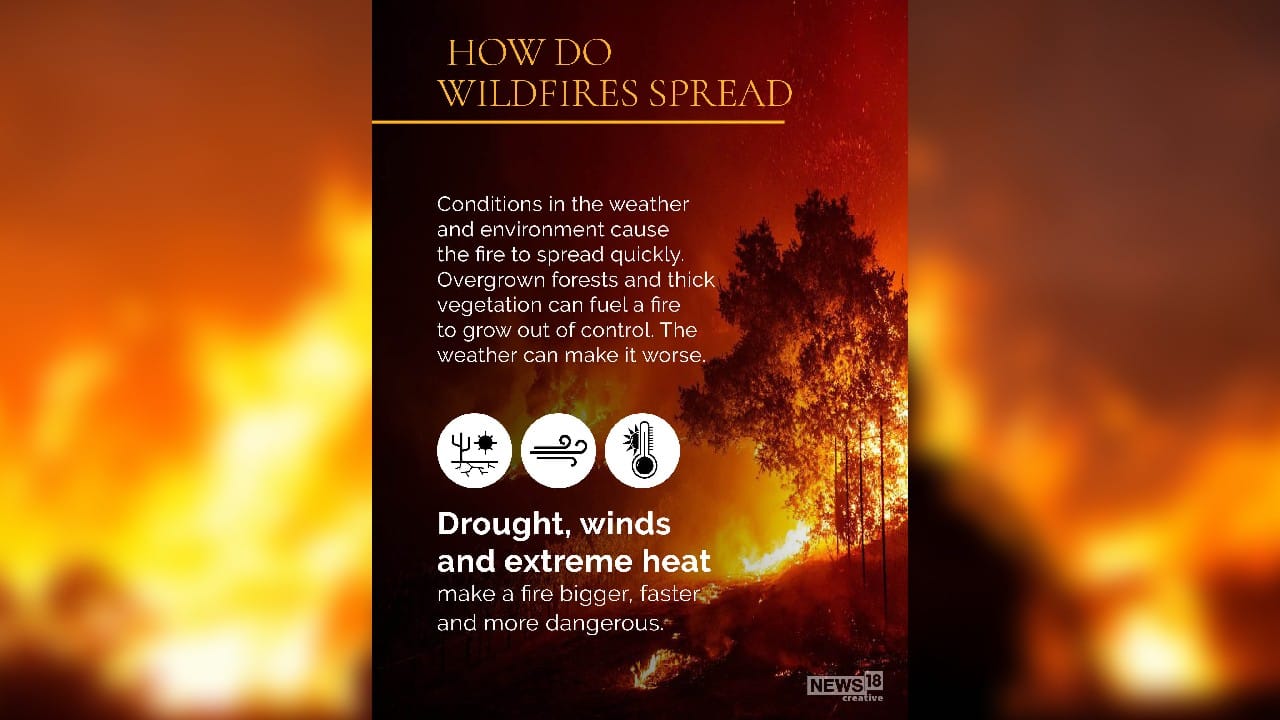
Table of Contents
The 2018 Woolsey Fire in Los Angeles County scorched nearly 100,000 acres, destroying hundreds of homes and leaving a trail of devastation. The human cost was immense, but amidst the ashes, a chilling trend emerged: the rise of wildfire betting. The ability to wager on the scale and impact of such catastrophic events raises serious questions about our society. Is betting on wildfires like the LA fires a sign of our times? This disturbing practice reflects a complex interplay of societal shifts, technological advancements, and a troubling desensitization to disaster.
The Rise of Wildfire Betting Markets and Their Mechanics
The emergence of online gambling platforms and sophisticated predictive markets has created a space for a new form of speculation: disaster betting. Wildfire betting odds are now offered on various aspects of a fire, transforming a natural tragedy into a commodity. This unsettling trend utilizes data analysis and algorithms to determine probabilities, creating a chilling market driven by wildfire prediction.
- Types of bets offered: Bets can range from the total acreage burned to the duration of the fire, the number of structures destroyed, and even the specific location of the most significant damage. Some platforms may even offer more granular predictions, for example, the precise number of insurance claims filed as a result of the wildfire.
- Platforms: While specific platforms are intentionally omitted to avoid promoting illegal activities, it's important to acknowledge the existence of these markets, often operating in unregulated online spaces. The anonymity of these digital spaces makes it difficult to track these activities and enforce ethical standards, highlighting the urgent need for regulations and oversight in this area.
- Data and algorithms: Sophisticated algorithms analyze meteorological data, historical fire patterns, and even social media trends to predict wildfire behavior and set odds. This data-driven approach adds a layer of complexity, making it challenging to ascertain fairness and accuracy.
- Potential for manipulation: The potential for insider trading or manipulation of these markets is a significant concern. Access to privileged information could give some bettors an unfair advantage, further compounding the ethical issues involved.
Ethical and Moral Implications of Profiteering from Disaster
The ethical implications of profiting from natural disasters are profound. Betting on wildfires represents a disturbing level of moral hazard, transforming human suffering into a financial opportunity. The very act of placing a bet trivializes the destruction and loss of life caused by these catastrophic events.
- Insensitive profiting: The notion of individuals profiting from the misery and displacement of others raises serious questions about social responsibility and compassion.
- Exacerbating inequalities: This form of speculation disproportionately affects vulnerable populations who lack resources to recover from such events. The wealth generated by wildfire betting contrasts starkly with the devastation experienced by affected communities.
- Impact on disaster relief: The resources dedicated to disaster relief are often stretched thin, and the existence of these markets represents a diversion of attention and funds from crucial support systems.
- Government intervention: The lack of robust regulations to control disaster betting highlights the urgent need for legal frameworks to address this issue effectively, protecting the vulnerable and upholding ethical standards.
The Psychological Underpinnings of Disaster Betting
The psychological factors driving wildfire betting are multifaceted and demand exploration. The constant exposure to disaster news and the pervasiveness of online gambling may contribute to a culture of desensitization, blurring the lines between entertainment and exploitation.
- Thrill of risk: The inherent uncertainty and high stakes involved in disaster betting appeal to a certain type of risk-taking behavior.
- Illusion of control: The belief that one can predict and profit from a chaotic event like a wildfire might offer a sense of control amidst uncertainty, even if it's illusory.
- Numbing effect: The constant stream of news covering natural disasters can lead to a state of compassion fatigue and cognitive dissonance, facilitating a disengagement from the emotional impact of these events.
- Societal anxieties: Wildfire betting could be a reflection of broader societal anxieties regarding climate change, economic instability, and the unpredictability of the future.
Wildfires in Los Angeles: A Case Study
The devastating LA wildfires provide a stark illustration of the issues discussed. The scale of destruction and the human cost associated with these fires underscore the ethical concerns surrounding betting on such events.
- Scale and impact: The intensity and scope of these fires serve as a powerful reminder of the real-world consequences associated with this natural disaster. The sheer number of homes destroyed and lives affected further highlights the insensitivity inherent in such a practice.
- Market reaction: It can be speculated how wildfire betting markets would have reacted to such significant events. Predictive models would have analyzed the data surrounding the fires to calculate potential pay-outs, creating a market driven by tragedy.
- Socio-economic consequences: The economic burden placed on affected communities, insurance companies, and the government is considerable. The disparity between profits generated from wildfire betting and the resources devoted to rebuilding further exacerbates existing societal inequalities.
Conclusion
The rise of wildfire betting, particularly in the context of devastating events like the LA fires, presents a disturbing trend reflecting a complex interplay of technological advancements, societal anxieties, and a troubling desensitization to disaster. The ethical implications are significant, raising concerns about profiting from human suffering, exacerbating inequalities, and undermining disaster relief efforts. The psychological underpinnings of this phenomenon demand further investigation. Is betting on wildfires like the LA fires a sign of our times? What can we do to address this disturbing trend and foster a more compassionate and responsible approach to natural disasters?

Featured Posts
-
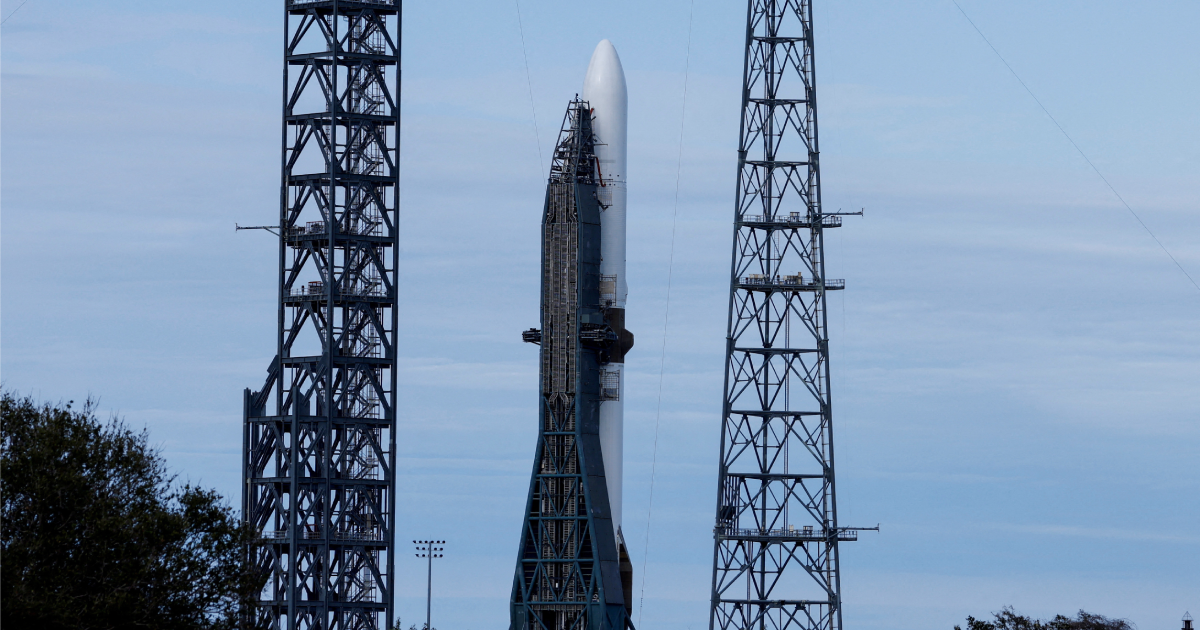 Blue Origin Rocket Launch Cancelled Vehicle Subsystem Issue
Apr 24, 2025
Blue Origin Rocket Launch Cancelled Vehicle Subsystem Issue
Apr 24, 2025 -
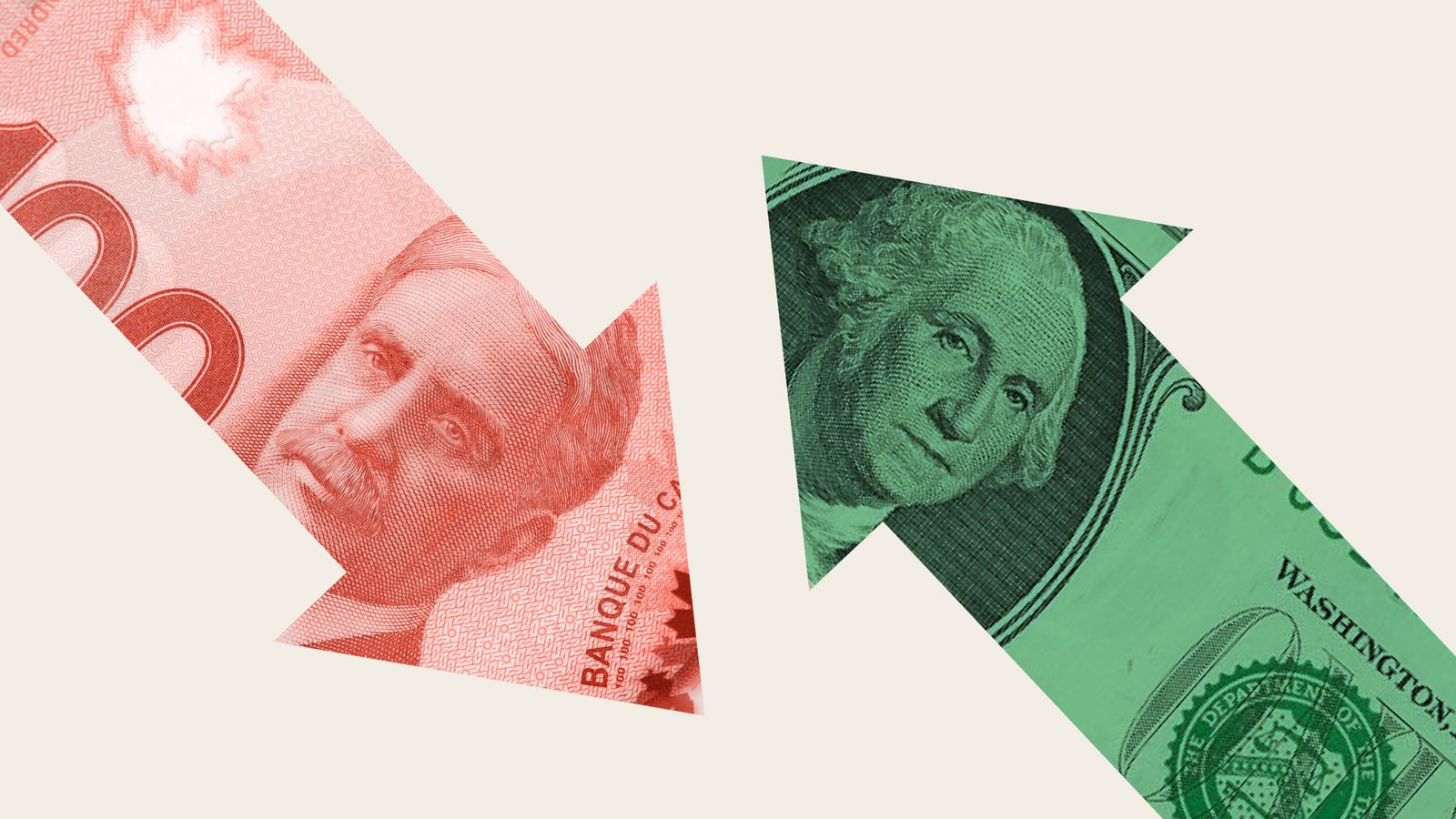 Canadian Dollar Plunges Despite Us Dollar Gains
Apr 24, 2025
Canadian Dollar Plunges Despite Us Dollar Gains
Apr 24, 2025 -
 Rare Earth Shortages Threaten Teslas Optimus Robot Production Timeline
Apr 24, 2025
Rare Earth Shortages Threaten Teslas Optimus Robot Production Timeline
Apr 24, 2025 -
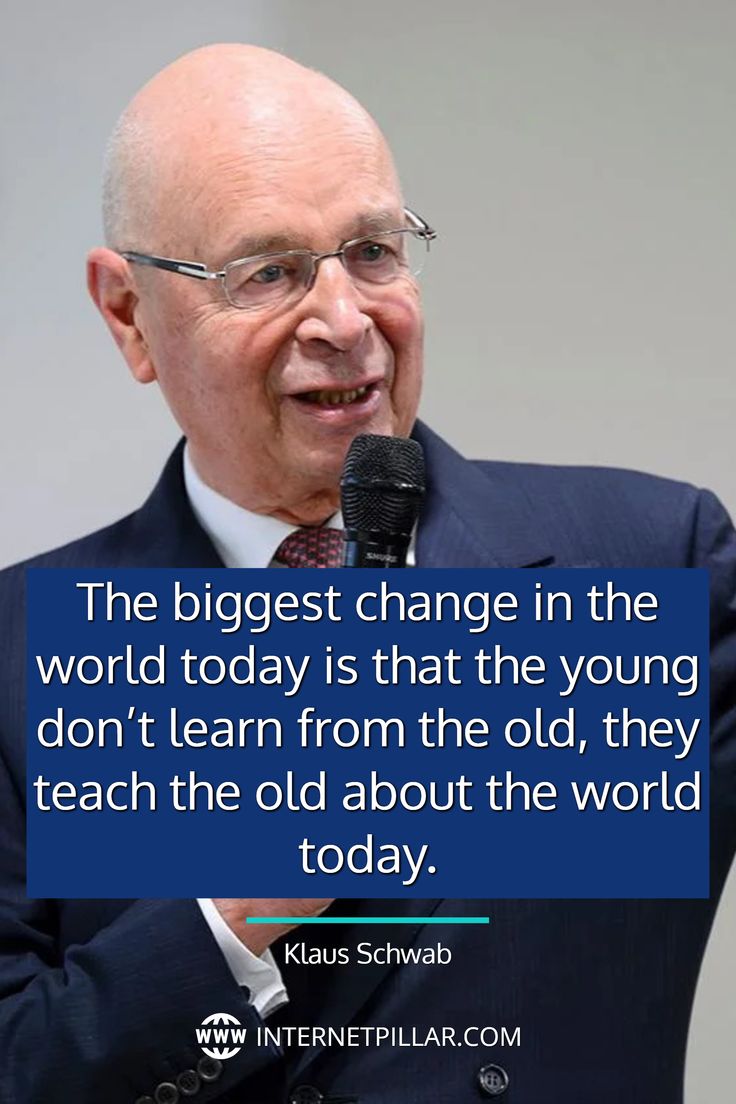 Exclusive Report Examining The World Economic Forum Under Klaus Schwabs Leadership
Apr 24, 2025
Exclusive Report Examining The World Economic Forum Under Klaus Schwabs Leadership
Apr 24, 2025 -
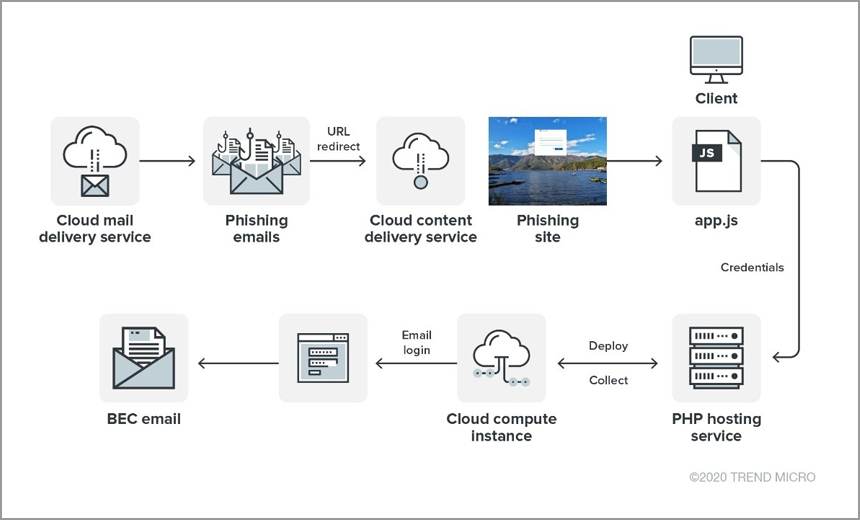 Cybercriminal Makes Millions Targeting Executive Office365 Accounts
Apr 24, 2025
Cybercriminal Makes Millions Targeting Executive Office365 Accounts
Apr 24, 2025
